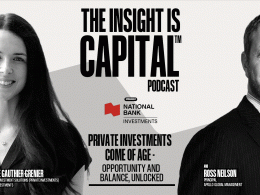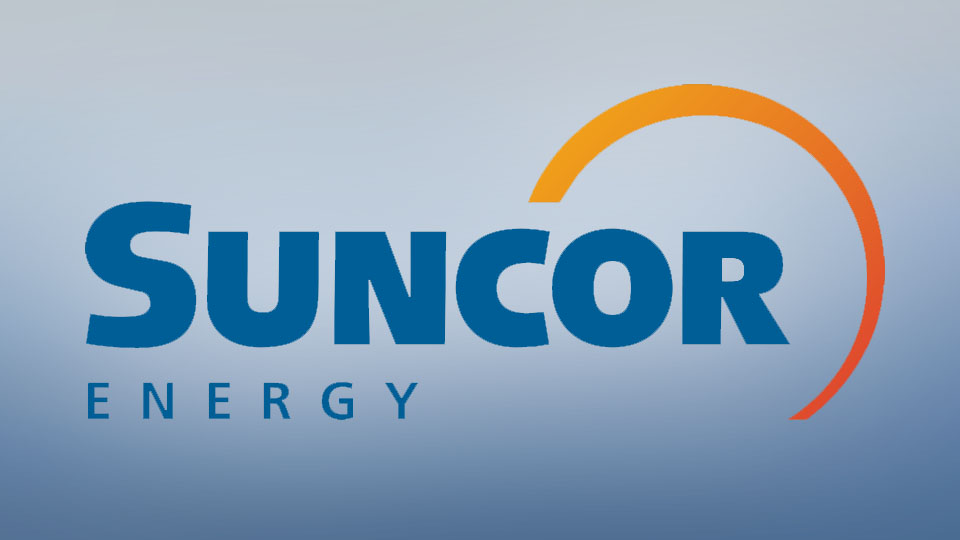This article is a guest contribution from Mark Mobius, Vice-chairman, Franklin Templeton Investments.
Privatization of state-owned enterprises has been a key catalyst in unlocking the market potential of emerging economies. Personally, I believe that listing on stock exchanges or allowing market forces to work can ensure greater efficiency in effective resources deployment.
In recent years, we have seen a rise in initial public offerings (IPOs) in emerging markets (EM) as EM companies begin to recognize the advantages of going to the market to raise capital in order to expand and grow. At the end of 2009, emerging markets IPOs represented about 70% of all global IPOs, as compared to about 20% in 2000.[1] During 2009, the amount of IPO money raised in emerging markets rose steadily. Total funds raised were about US$87 billion. [2]
The flood of emerging markets IPOs was also largely fuelled by excess liquidity in the global markets. There has been a dramatic increase in the money supply in the U.S., China and other countries. As a result of the current low interest rate environment and less attractive growth prospects in developed countries, investors look to emerging markets to seek better yields for their cash.
Although the large amount of IPOs in the market is a reflection of emerging markets’ strength, this huge pipeline may also put downward pressure on the markets as money could be diverted to new issuances, away from existing shares in the market.
In general, institutional pension funds’ exposure to the emerging markets asset class averages around 3% to 8% of their portfolios.[3] From a pure market capitalization perspective I think that they are severely underweight in the asset class, as emerging markets stocks account for more than 30% of the world’s total market capitalization.[4] We anticipate seeing some shift of institutional allocations to this asset class. Consequently, we believe institutional investors could fuel further demand for emerging markets equities.
However, I have a note of caution for investors who are chasing IPOs and short-term gains. Not all listings are created equal. There is generally a lot of promotion surrounding all new listings. Therefore, it is important to conduct your due diligence and evaluate the stock based on its fundamentals with a long-term investment perspective.
I learned one important lesson during my early days before entering the fund management industry when I made some personal investments. Prior to my Templeton days, I bought into Mosbert Holdings, which was listed in Hong Kong in the 1970s, without proper due diligence and at the advice of a friend. It turned out to be one of the largest cases of fraud in Hong Kong and I lost my investment.
Thus, when it comes to the IPO markets, the key is research. Do your homework on the individual IPO with regards to its respective merit and fundamentals before making an investment decision. Some IPOs issue shares at attractive valuations and this is where good companies can be purchased. And then there are also instances where some may be trading at excessive valuations. On the positive side, IPO companies can also offer new and exciting investment opportunities and broaden the existing investment universe. Market liquidity also improves as a result.
It is always important to have your eye on the long-term horizon when you are making any investment decision and not to be led by the opportunistic promotion of IPOs which often accompanies such issues. IPOs tend to come to the market when the issuers of those shares think the price they can get is high. So buyer beware!
[1] Source: Dealogic, as of April 2010. [2] Source: Dealogic, as of April 2010. [3] Source: Pensions & Investments, as of Jan 6, 2010. [4] Source: WEF, as of March 2010.
Copyright (c) Mark Mobius, Franklin Templeton Investments









